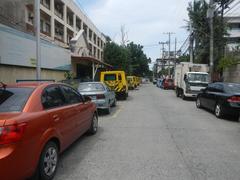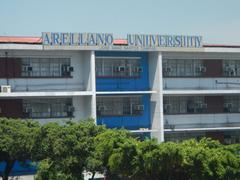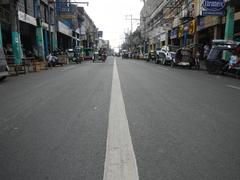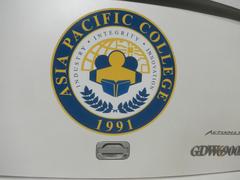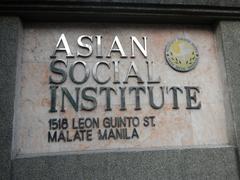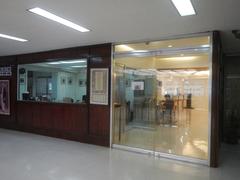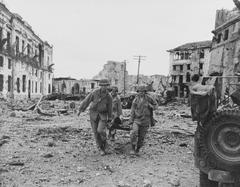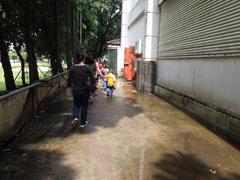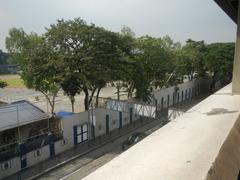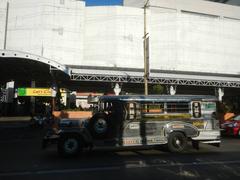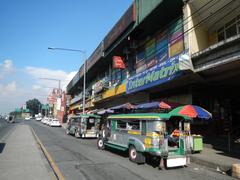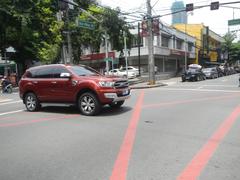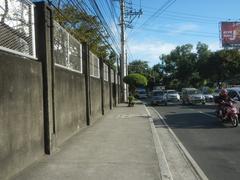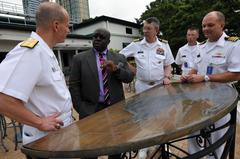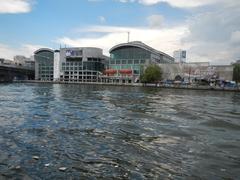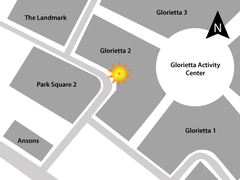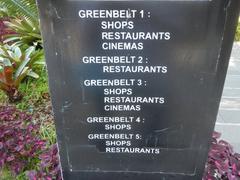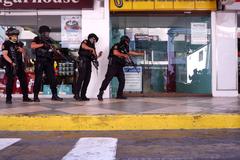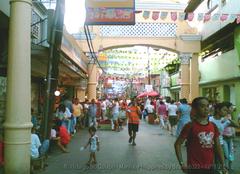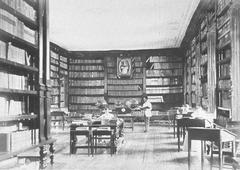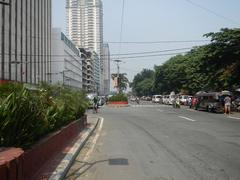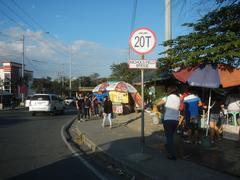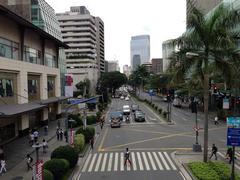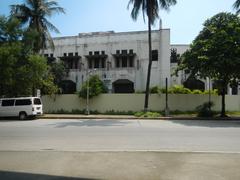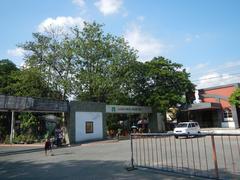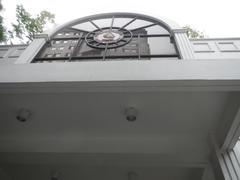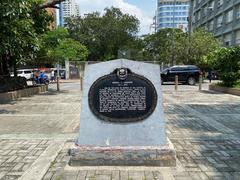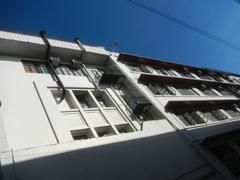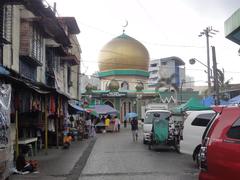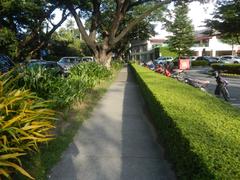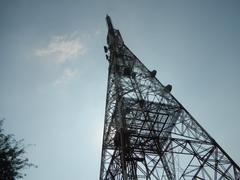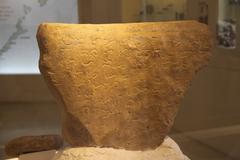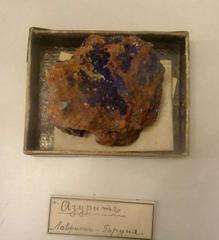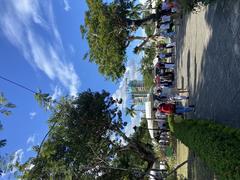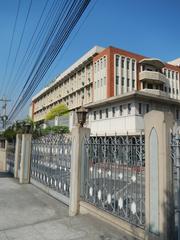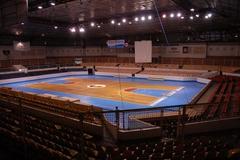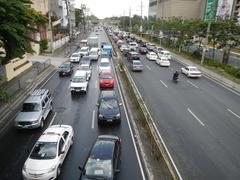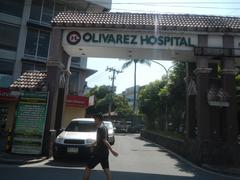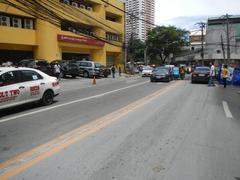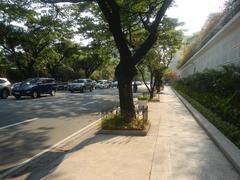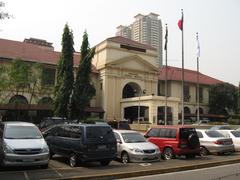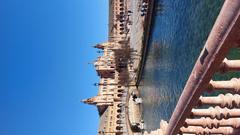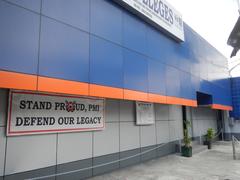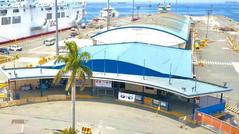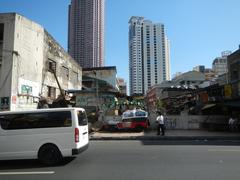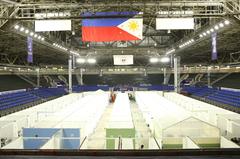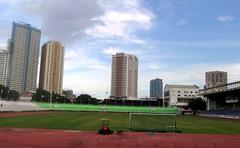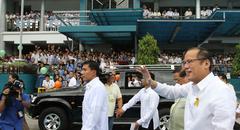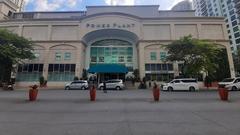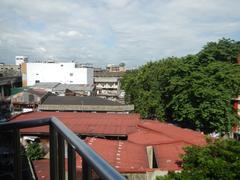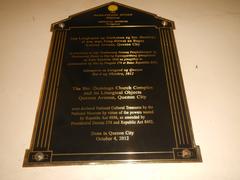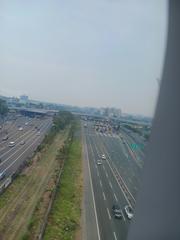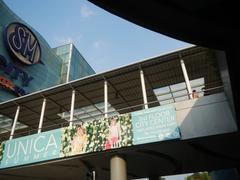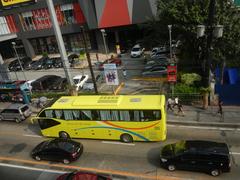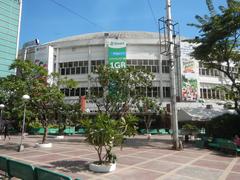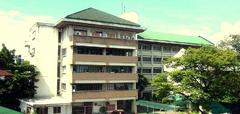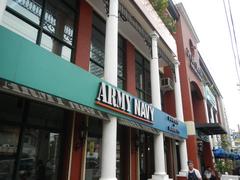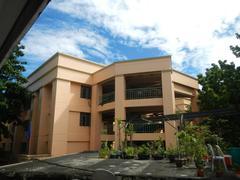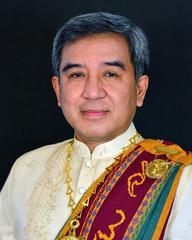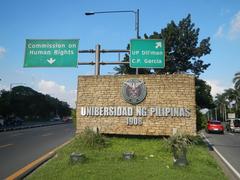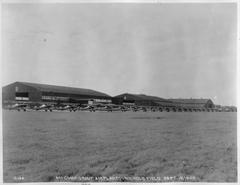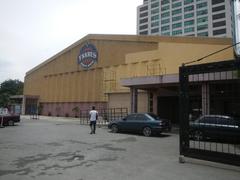Kalayaan College Visiting Guide: Metro Manila Historical Site Information
Date: 15/06/2025
Introduction to Kalayaan College: History and Significance
Kalayaan College, once located in New Manila, Quezon City, Metro Manila, Philippines, stands as a notable landmark in the nation’s educational and cultural history. Founded in 2000 by senior professors from the University of the Philippines, including Dr. José V. Abueva, the college was envisioned as an institution embodying academic freedom, social responsibility, and accessible quality education. Although Kalayaan College ceased operations in 2022 due to financial challenges intensified by the COVID-19 pandemic, its legacy endures through its alumni and the profound influence it left on Philippine higher education.
This guide offers essential information for those interested in exploring the former site of Kalayaan College and its surrounding neighborhood, which is rich in cultural and historical attractions such as the Quezon Memorial Circle and the University of the Philippines Diliman campus. For a deeper understanding of Kalayaan College’s founding ideals, impact, and the broader context of Quezon City’s educational heritage, readers are encouraged to consult reliable resources (Interaksyon, EducationS.com, Quezon City Tourism). Digital tools such as the Audiala mobile app can further enhance the visitor experience with guided tours and historical background.
Table of Contents
- Introduction
- History of Kalayaan College
- Founding Vision and Educational Philosophy
- Social Contributions and Community Impact
- Legacy and Enduring Influence
- Visiting Kalayaan College: What You Need to Know
- Nearby Attractions
- Tips for Visitors
- Frequently Asked Questions (FAQ)
- Conclusion
- References
History of Kalayaan College
Kalayaan College was established in 2000 as a private higher education institution by prominent University of the Philippines faculty members, led by Dr. José V. Abueva. The college aimed to provide “UP quality education” to students who might not gain admission to the University of the Philippines due to the highly competitive process or socioeconomic barriers (educations.com). The name “Kalayaan,” meaning “freedom,” reflected the college’s commitment to intellectual liberty, critical thinking, and civic engagement.
Over its two decades of operation, Kalayaan College became a hub for academic discourse and social advocacy, attracting students from diverse backgrounds and cultivating a strong sense of community. Its closure in 2022 marked the end of an era, but the institution’s ideals continue to influence Philippine education.
Founding Vision and Educational Philosophy
Kalayaan College was founded on the principle of democratizing access to quality education. By recruiting faculty from the University of the Philippines and maintaining high academic standards, the college sought to empower students as future leaders and active citizens. Its curriculum emphasized liberal arts, sciences, business, and public administration, with a focus on critical inquiry and public service.
Social Contributions and Community Impact
Democratizing Access to Quality Education
Kalayaan College provided affordable education through scholarship programs and inclusive admissions, enabling students from marginalized backgrounds to pursue higher learning. Many alumni have described the institution as a “home” and a “saving grace” during their academic journeys (interaksyon.philstar.com).
Nurturing Civic-Minded Leaders
Guided by Dr. Abueva’s advocacy for good governance, Kalayaan College developed a reputation for producing graduates who entered public service, education, and the arts. The college regularly hosted public forums and encouraged research on democracy and nationalism (joseabueva.wordpress.com), instilling in students a sense of duty to contribute to Philippine society.
Community Engagement and Cultural Preservation
The college actively partnered with local organizations to implement community outreach programs, bridging academic theory and real-world needs. It also played a significant role in promoting Filipino cultural heritage through its curriculum and extracurricular activities, supporting national identity and heritage tourism (blog.philippines.net.ph).
Legacy and Enduring Influence
The closure of Kalayaan College in 2022 due to financial losses brought by the pandemic (newsinfo.inquirer.net) was a significant loss to the educational sector. Nonetheless, the college’s impact lives on through its alumni and the values it championed. Its model of inclusive, socially engaged education continues to inspire other institutions and remains a touchstone in Philippine academic circles.
Visiting Kalayaan College: What You Need to Know
Location and Getting There
The former Kalayaan College campus is located in New Manila, Quezon City, Metro Manila. It is accessible via public transportation—jeepneys, buses, or taxis—from major city landmarks such as Quezon Memorial Circle and UP Diliman.
Visiting Hours and Access
Since the college has ceased operations, the campus is not open for public tours. Visitors may walk around the neighborhood to appreciate the area’s educational and cultural atmosphere but should be aware that the former campus buildings may be private property.
Entry and Tickets
There is no fee to explore the vicinity of the former campus. Entry into the buildings is restricted, and visitors should respect all private property signs and local regulations.
Guided Tours
There are currently no official guided tours of Kalayaan College. For those interested in its history, reaching out to alumni associations or local historians is recommended.
Accessibility
The New Manila area is generally pedestrian-friendly and well-served by public transport. However, accessibility features may vary, so visitors with disabilities should plan ahead.
Photographic Spots
The former campus architecture and the leafy streets of New Manila offer excellent opportunities for photography, especially for those interested in educational heritage sites.
Nearby Attractions
- Quezon Memorial Circle: A national park with monuments, museums, and gardens.
- UP Diliman Campus: University grounds known for cultural events and guided campus tours.
- Maginhawa Street: Popular for its diverse food scene and lively atmosphere.
- La Mesa Ecopark: A green space for nature activities.
- Cubao Expo: A cultural complex with art galleries and shops.
These destinations enrich the experience of exploring Quezon City’s educational and cultural landscape.
Tips for Visitors
- Consult online archives or connect with alumni associations for historical insights.
- Respect private properties and adhere to local guidelines in the area.
- Use digital resources like the Audiala app for guided tours and updated information on heritage sites.
- Plan your itinerary to include nearby attractions for a comprehensive cultural experience.
Frequently Asked Questions (FAQ)
Q: Can I enter the former Kalayaan College campus?
A: No, the campus is closed to the public. You may walk around the neighborhood and view the exterior but should not attempt to access the buildings.
Q: Are there any events commemorating Kalayaan College?
A: No regular public events are held, though alumni groups sometimes organize private gatherings.
Q: How can I learn more about Kalayaan College’s history?
A: Reliable information can be found through alumni networks, online archives, and news articles (interaksyon.philstar.com, educations.com).
Kalayaan Monument: A Nearby Historical Landmark
Overview and Significance
The Kalayaan Monument, also located in Quezon City, stands as a tribute to the Filipino people’s struggle for freedom and independence. The monument’s design reflects the nation’s history and cultural identity, making it a focal site for national celebrations and public remembrance.
Location and Accessibility
- Address: Near No. 22 Manga Road corner Aurora Boulevard, New Manila, Quezon City, Metro Manila, Philippines
- Access: Easily reached via LRT Line 2 (Betty Go-Belmonte Station), jeepneys, and buses along Aurora Boulevard.
Visiting Information
- Hours: Open daily, typically from 6:00 AM to 7:00 PM. Hours may vary on holidays—check official announcements.
- Admission: Free of charge.
- Guided Tours: Available through the Quezon City Tourism Office by request.
Facilities
- Amenities: Public restrooms, shaded seating, and wheelchair-accessible walkways.
- Safety: Security personnel on-site.
Events and Activities
The monument hosts national celebrations, educational tours, and cultural performances, particularly on Independence Day and other significant dates.
Tips for Visiting
- Visit during early morning or late afternoon for the best lighting and cooler temperatures.
- Public transportation is recommended due to limited parking.
- Respect the monument’s solemnity and posted guidelines.
Photography
Capture the monument during golden hours for optimal lighting, and consider the city skyline as a backdrop.
Summary and Key Travel Tips
Although Kalayaan College is no longer operational, its influence as an advocate of academic freedom, cultural preservation, and social responsibility remains significant. Visitors can honor this legacy by exploring the surrounding neighborhood and adjacent cultural landmarks, such as the Kalayaan Monument, Quezon Memorial Circle, and UP Diliman. Use digital resources and consult alumni networks for richer historical context, and always respect local regulations when exploring these heritage sites (newsinfo.inquirer.net, Jose Abueva’s writings, Quezon City Tourism).
References and Further Reading
- Kalayaan College in Quezon City: Exploring Its Legacy and Visitor Information, 2025
- Kalayaan Monument in Quezon City: Visiting Hours, Tickets, and Historical Significance, 2025
- Kalayaan Monument in Quezon City: History, Visiting Hours, Tickets, and Visitor Guide, 2025
- Another Pandemic Casualty: Kalayaan College Ceases Operation Due to Financial Losses, 2022, Philippine Daily Inquirer
- Democracy and Governance Writings by Dr. José V. Abueva
- Why Heritage Tourism Is Important in the Philippines
Explore More:
Download the Audiala mobile app for guided tours and educational content about Quezon City and other Philippine landmarks.
Follow Quezon City Tourism on social media for the latest updates and tips on visiting the area’s historical sites.
Alt text: Exterior view of the former Kalayaan College campus in Quezon City

